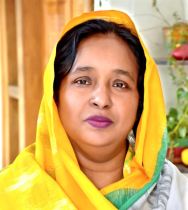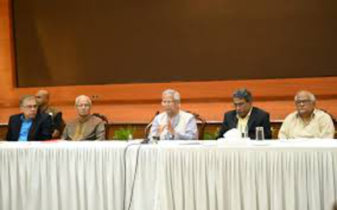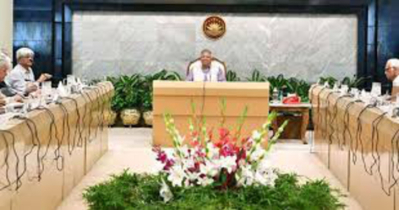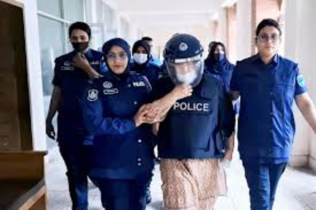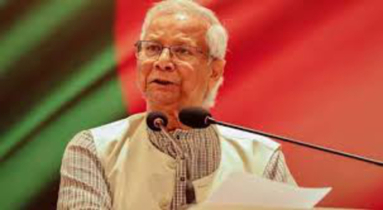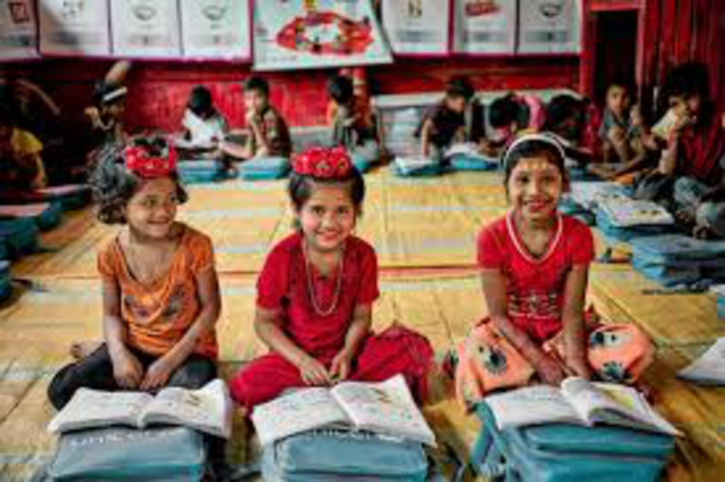
The education of around 230,000 Rohingya refugee children is under threat due to an acute and deepening funding crisis, UNICEF warned today.
Without immediate and sustained financial aid, support across all areas for the refugees is at risk, including critical foundational learning opportunities for children in the world’s largest refugee settlement could be lost.
In recent months, UNICEF has faced a significant decline in humanitarian funding for its operations in the Rohingya refugee response, affecting the education of 83 per cent of school-age children in the camps, who are enrolled in UNICEF-supported learning centers.
Despite exhaustive efforts to attract new resources and reprioritize activities, funding gaps have forced UNICEF to take painful decisions, including suspending support for host community volunteer teachers working with Kindergarten to Grade 2 learners. A
total of 1,179 host community volunteer teachers will see their contracts ended with UNICEF´s implementing partners by 30 June 2025.
“The children we are speaking about are among the most vulnerable in the world,” said Rana Flowers, UNICEF Representative in Bangladesh. “We are doing everything possible to sustain critical education services, and UNICEF has been able to attract some other
funding – but unfortunately there will be a delay in receiving this and thus UNICEF is forced to close learning facilities temporarily. Without urgent funding, the learning facilities may remain closed, and an entire generation of Rohingya children risks being
left behind.”
Due to the lack of funding:
Learning facilities will remain closed until at least the end of June 2025, in line with an extended Eid holiday period. Reopening beyond that will depend entirely on the availability of new funds.
Early grade learners (Kindergarten to Grade 2) will no longer be taught English, science or social studies in the next academic year. Only core foundational subjects—literacy (Rohingya), Burmese, mathematics, life skills and socio-emotional learning—will be
prioritized.
No new textbooks or teacher guides will be procured for the 2025–2026 academic year. Children will be asked to reuse materials from previous years, regardless of their condition.
End-of-year assessments and placement tests have been cancelled.
Volunteer teachers will not receive paid holidays and may only continue teaching on a voluntary basis until funding is restored.
UNICEF continues to prioritize the most impactful and cost-effective interventions, prioritizing its commitment to stay and deliver for children. Prior to programmes being impacted, UNICEF has reduced its own staff in favour of keeping the programmes running.
It is the most dramatic reduction ever in this country, and this is happening globally. UNICEF priority has been keeping the learning facilities open, keeping a slimmed down team to deliver on this. These decisions are deeply difficult but necessary to ensure
available resources are used in the most impactful way.
Education is not a luxury—it is a fundamental right. In humanitarian settings, learning provides structure, routine, protection, and hope. For Rohingya children living in displacement, education is also a critical bridge to dignity, resilience, and future opportunities,
while keeping children away from protection risks, including child recruitment, abduction, migration and violence.
TH

.png)

